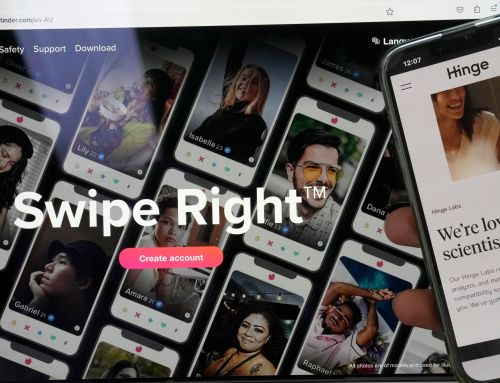Google has agreed to a 391.5 million US dollar (£333 million) settlement with 40 states in connection with an investigation into how the company tracked users’ locations, state attorneys general announced.
They called it the largest multi-state privacy settlement in US history.
The investigation by the states, which officials said was spurred by a 2018 Associated Press (AP) story, found that Google continued to track people’s location data even after they opted out of such tracking.
Connecticut attorney general William Tong said in a statement: “This 391.5 million dollar settlement is a historic win for consumers in an era of increasing reliance on technology.
“Location data is among the most sensitive and valuable personal information Google collects, and there are so many reasons why a consumer may opt out of tracking.”
Google, based in Mountain View, California, said it fixed the problems several years ago.
“Consistent with improvements we’ve made in recent years, we have settled this investigation, which was based on outdated product policies that we changed years ago,” company spokesperson Jose Castaneda said in a statement.
The AP reported that many Google services on Android devices and iPhones store your location data even if you have used a privacy setting that says it will prevent Google from doing so.
Computer science researchers at Princeton confirmed these findings at the AP’s request.
Storing such data carries privacy risks and has been used by police to determine the location of suspects.
The AP reported in 2018 that the privacy issue with location tracking affected some two billion users of devices that run Google’s Android operating software and hundreds of millions of worldwide iPhone users who rely on Google for maps or search.
The attorneys general who investigated Google said a key part of the company’s digital advertising business is location data, which they called the most sensitive and valuable personal data the company collects.
Even a small amount of location data can reveal a person’s identity and routines, they said.
Google uses the location information to target consumers with ads by its customers, the state officials said.
The attorneys general said Google misled users about its location tracking practices since at least 2014, violating state consumer protection laws.
As part of the settlement, Google also agreed to make those practices more transparent to users, including showing them more information when they turn location account settings on and off and keeping a web page that gives users information about the data Google collects.






